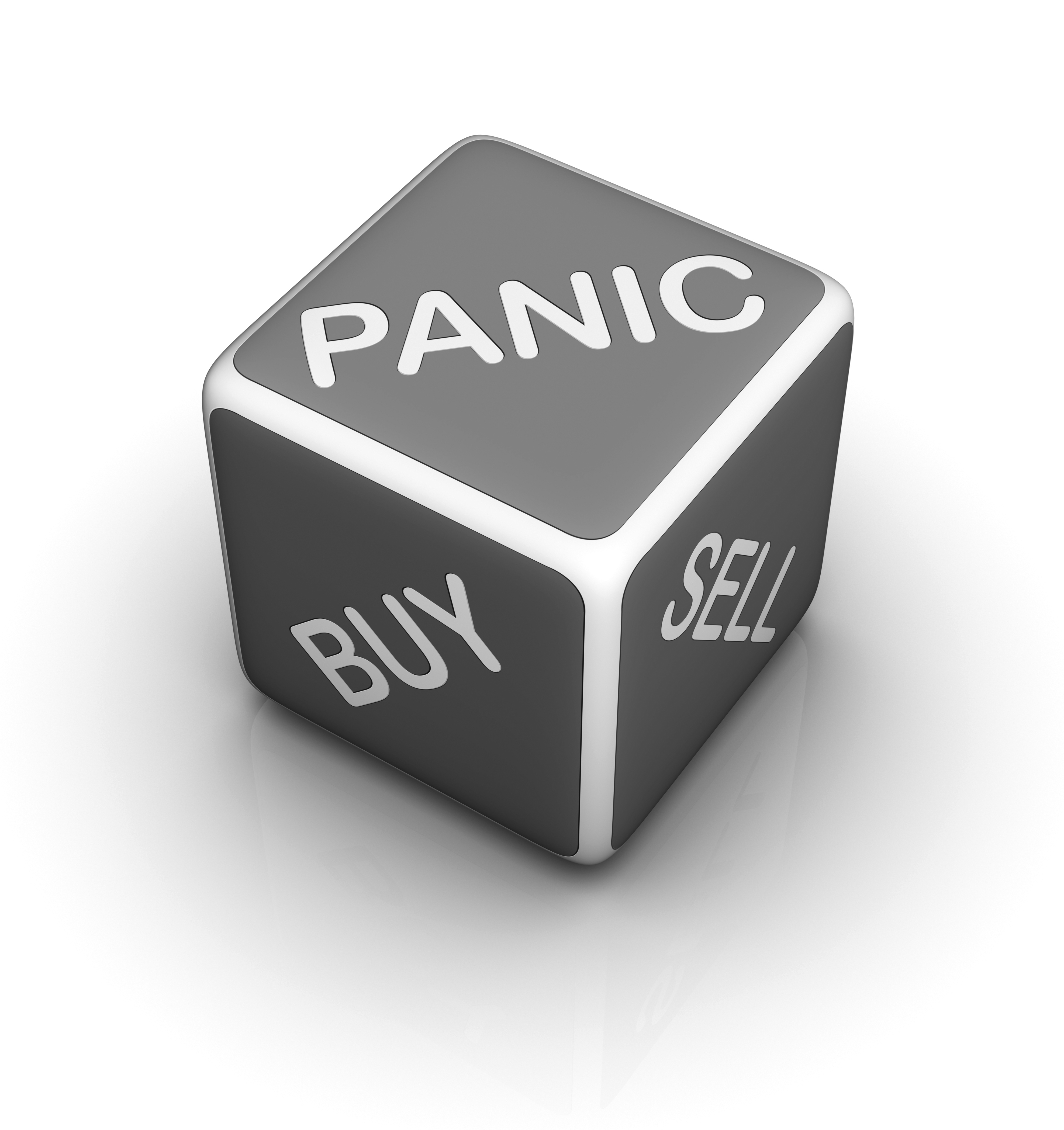As an “admitted worrier” I have found one of the hardest areas that I continually work on is conquering the “fear” in changing investment allocations.
I feel it would be helpful to our clients for me to discuss some of those financial fears and ways we can help work through them. I was given a really important piece of advice early in my career, which the most important part of my job was to help “control my clients emotions” in both good and bad markets. In good markets, our emotions can tell us we need to buy more or we will miss out on further market gains while in bad markets our emotions start to scream SELL in order to avoid future losses. Trying to find the “healthy” middle ground is a very important part of our work for our clients.
Although some fears cannot be controlled or have little likelihood of happening, addressing a related fear that can be controlled may help alleviate some of the anxiety. Some of the fears that I hear most often from my clients are:
Fear: Stock Market Crash
While visions of the 2008 market crash still haunt some of us (MOST of us more likely), the reality is, your biggest worry should be following your instinct instead of your logic. People often abandon the buy-low, sell-high principle when they need it most. Good markets make many investors feel invincible so they don’t sell or rebalance. When markets decrease and prices are low, investors get scared that they will lose out on potential gains. They jump ship figuring a small return is better than none but ignoring the potential upside if the stock price rises again. We have tried to continue to take gains even as the markets have run to new highs over the course of the last 12 months.
Fear: Identity Theft
Americans have a great deal of fear of identity theft and for good reason. It can wreck havoc on your personal finances. Mistakes on your credit report, however, are far more likely and can severely damage credit ratings.
A 2011 Policy & Economic Research Council study found consumers viewing their credit reports identified potential errors in 19 percent of credit reports.1 Consumers find more than 13 million inaccuracies on their credit reports each year, according to a 2007 Consumer Reports article. Those mistakes can range from minor to inaccurate or false delinquencies that can ruin your credit. Be cautious about giving out your Social Security number and check your credit report once a year for inaccuracies.
Fear: A Failing Economy
High-energy prices, terrorism and natural disasters are all enough to make Chicken Little look rational. With our penchant to view the future as a continuation of the past, it’s no surprise that many Americans fear another 1920s-style depression or worse.
By investing in a wide-variety of investment areas, you can help increase the chances that if one major world economy starts to sputter, you’re gaining in another one that is booming. For those in retirement, where income distribution is so important, having a strategy that generates income in good times and bad is critical.
Many of us fear the worse on a consistent basis, and we all face risks every day. The real task is rooting out which financial fears can be controlled and then communicating those fears to us so that we can help you address them to control future decisions.
1 Michael A. Turner, PhD et al., U.S. Consumer Credit Reports: Measuring Accuracy and Dispute Impacts, the Policy & Economic Research Council (May 2011)
